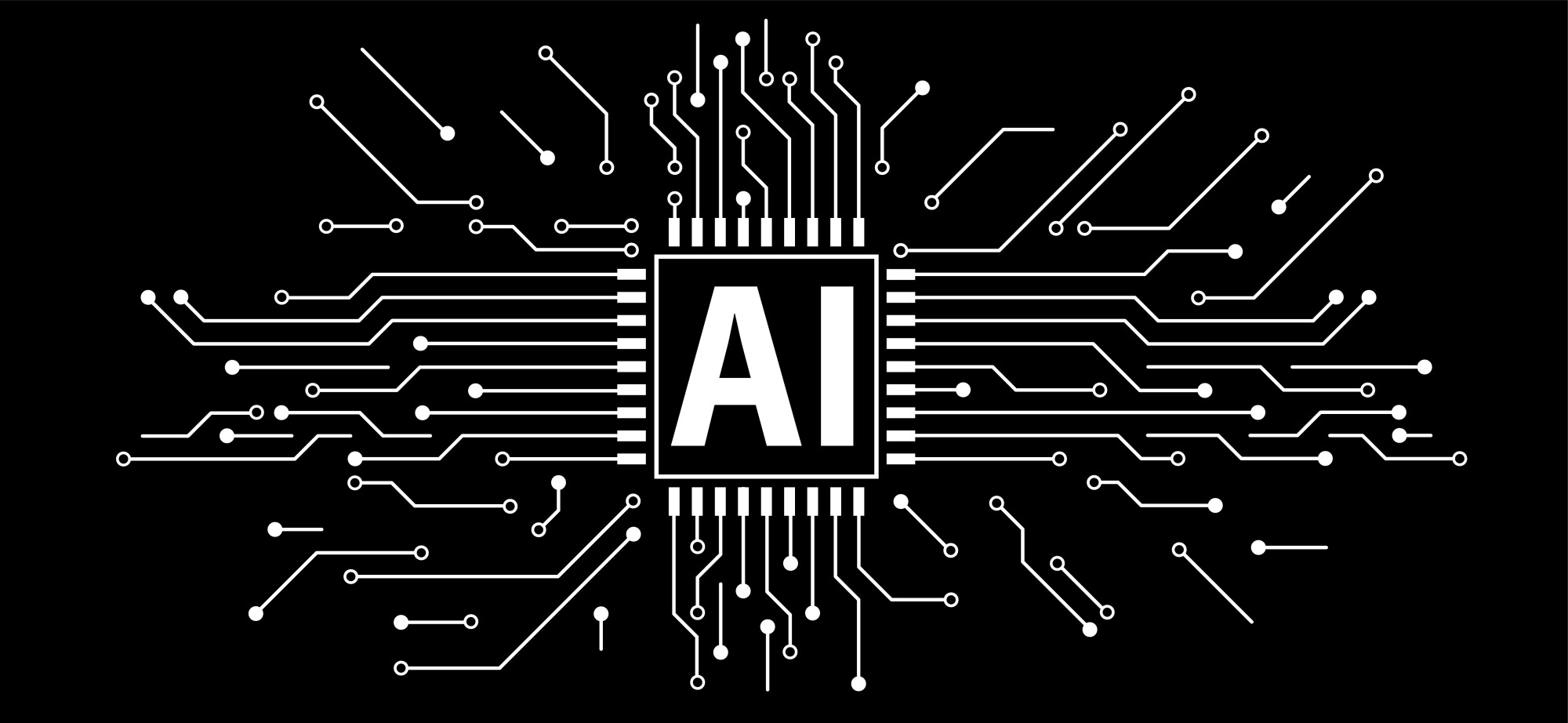Do you ever learn one thing within the information that simply makes you go, “Sheesh, individuals!!!” Or phrases to that impact?
And, no, I’m not speaking concerning the Presidential Election.

The Wall Road Journal had an article this week about employers who use synthetic intelligence to find out whether or not their executives are liable to creating dementia. Here is a hyperlink, however it’s possible you’ll want a paid subscription to entry.
The know-how, I admit, sounds fairly cool in some methods. The AI can apparently inform from individuals’s patterns of speech whether or not they’re in danger . . . lengthy earlier than a professional human doctor would have the ability to diagnose the situation.
Though impressed with this growth from a tech standpoint, in my head I used to be screaming, “What concerning the ADA? What concerning the ADA? Has anyone thought concerning the ADA?”

The article didn’t talk about the truth that an employer’s utilizing AI on this manner would possibly violate the People with Disabilities Act. However I feel it’s a massive danger for employers. Worse than the danger {that a} completely compos mentis government would possibly get dementia six or seven years down the street.
The article says that the AI is appropriate in about 80 p.c of circumstances. In different phrases, the AI is fallacious in about 20 p.c, or one-fifth, of circumstances. And, in fact, the employer will not notice that the AI was fallacious till it is too late as a result of the AI is predicting future dementia, not diagnosing present dementia.
I assume I haven’t got dementia (but) as a result of I’m able to recall that in early 2023, I requested ChatGPT to put in writing a weblog publish for me on Groff v. DeJoy, a spiritual lodging case that on the time was going to be heard by the U.S. Supreme Court docket. (That case has since been heard and determined.) ChatGPT did a pleasant job writing my publish, aside from one little element . . . it stated that Groff was a incapacity lodging case underneath the Rehabilitation Act of 1973 as a substitute of a spiritual lodging case underneath Title VII. It additionally stated that the case had a number of plaintiffs as a substitute of a single plaintiff. Here is the quote it gave me:
The Supreme Court docket has lately introduced that it’ll assessment the case of Groff v. DeJoy, a case that has the potential to considerably impression the rights of people with disabilities within the office. This case was introduced forth by a bunch of people with disabilities who argue that america Postal Service (USPS) did not accommodate their disabilities in violation of the Rehabilitation Act of 1973.
(Emphasis was mine.)
A minimum of ChatGPT bought the title of the case proper.
Since I wrote that publish, we have been listening to about attorneys writing briefs with the “assist” of AI. Then they find yourself being sanctioned by the courts as a result of the AI made up case regulation, that means the attorneys have been citing nonexistent court docket choices in help of their shoppers’ positions. Because of this, many courts now have guidelines requiring AI-using attorneys to test their circumstances the old school manner earlier than submitting their briefs, and to certify to the courts that they’ve executed so.
And we wish to use AI to diagnose whether or not an individual may have a devastating medical situation at some indeterminate time sooner or later? And we wish to use that “data” in making employment choices?

Um, sure it is going to.
Seven explanation why this most likely violates the ADA
Right here is why utilizing AI on this manner goes to get employers in hassle underneath the ADA and in addition underneath many state incapacity safety legal guidelines:
No. 1: Dementia is a incapacity, as are many different medical situations.
No. 2: I really feel positive that the U.S. Equal Employment Alternative Fee, which enforces the employment provisions of the ADA, will say {that a} medical evaluation carried out by AI is a “medical examination.” Heck, it is an ADA “medical examination” for a frontline supervisor to casually ask an worker if she’s limping as a result of she has a foul hip.
No. 3: The ADA prohibits employers from requiring job candidates to bear any form of “medical examination” earlier than a conditional provide of employment has been made.
No. 4: The ADA permits employers to conduct “medical examinations” after a conditional provide of employment has been made, however the data obtained can’t be used to disqualify the offeree. The one exception applies if the medical examination signifies that the offeree can not carry out the important capabilities of the job, with or with out a affordable lodging. I do not assume a four-out-of-five probability of getting dementia in six years goes to chop it.
No. 5: Usually, it violates the ADA for an employer to discriminate in opposition to an applicant, offeree, or worker primarily based on a priority that the person “would possibly” develop a medical situation sooner or later.
No. 6: An employer could not require a present worker to bear a “medical examination” until the examination is “job-related and in step with enterprise necessity.” In different phrases, there needs to be a job-related motive for requiring the medical examination, reminiscent of a efficiency situation or habits concern that might moderately be attributed to a medical situation. Sending an government (or every other worker) for a medical examination to find out whether or not the person is in danger for creating a medical situation sooner or later isn’t going to chop it.
No. 7: Merely asking these questions with out a authorized justification is an ADA violation. Even when the employer by no means really makes use of the knowledge in opposition to the worker. And, in fact, if the knowledge is used in opposition to the worker — look out!
I’ll finish on a optimistic notice. If an worker is exhibiting goal indicators of creating dementia (or another medical situation that appears to be affecting job efficiency or habits), the ADA would permit the employer to ship the worker for a medical examination to find out
- whether or not the worker can carry out the important capabilities of the job,
- whether or not affordable lodging is important or doable, and
- the sorts of lodging that is perhaps advisable.
On this context, the medical examination is more likely to be “job-related and in step with enterprise necessity.” And the usage of AI to help with the analysis (or affordable lodging suggestions) shouldn’t create an ADA drawback.
*whew* Thanks, you guys. I really feel higher now.


